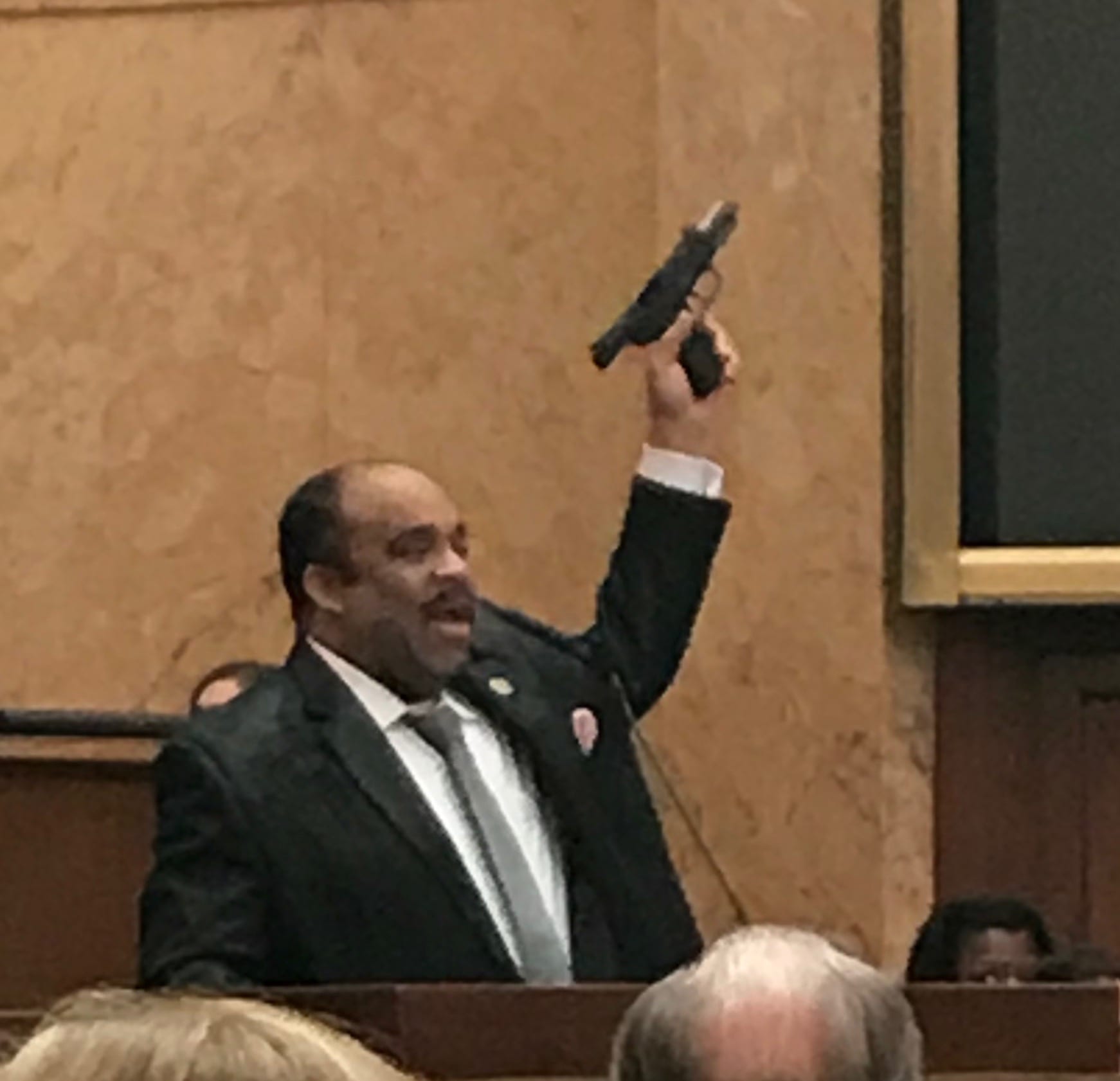
In January, Congressman Bennie Thompson submitted a House Resolution for the Medgar Evers National Monument Act. This resolution, HR 4895, would establish the home of Medgar Evers as a national monument.
However, this is not the first time a monument has been suggested for monument status. In one article it cited that U.S. Interior Secretary Ryan Zinke proposed three new locations for national monuments earlier this year, Montana, Kentucky, and an Evers monument in Mississippi. Both Mississippi Senators Cochran and Wicker were behind the idea after Evers’ home that was already designated as a National Historic Landmark in February of 2017.
Evers home was designated a National Historic Landmark under the Consolidated Appropriations Act of 2017. Within that act was a recommendation from National Park Service that those designated areas also consider being examined for possible monuments.
According to USA Today, if the home were designated as a national monument it would then put the home under the NPS, taking the responsibility of upkeep off of Tougaloo College. As of now, the home is operated as a museum, visited by appointment only.
If the current resolution passes through the House and makes it’s way to President Trump, all signs point to positive reception after the President spoke on Evers’ work while attending the opening of the Mississippi Civil Right Museum in December.
Thompson declined to attend the opening of the Museum of Mississippi History and Mississippi Civil Rights Museum in Jackson after learning that President Trump would be there. Senator Cochran sent regrets at the last minute, and Senator Wicker spoke with dozens of other guests, including Mrs. Myrlie Evers, Medgar Evers’ wife.
Evers was killed by a gunshot on June 12, 1963 as he left a meeting with NAACP lawyers. Byron De La Beckwith, a Ku Klux Klan member was arrested for the murder but juries could never make a final decision on the accused. He stayed free until a conviction in 1994. Evers served as the first field secretary for the NAACP in Mississippi during the civil rights movement.











